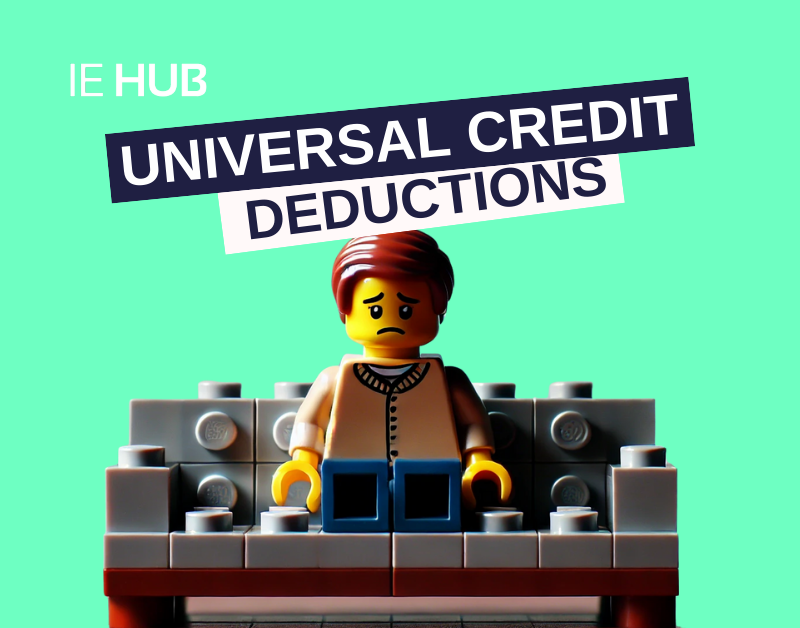
17 Mar
Universal Credit Deductions: What You Need to Know
If you get Universal Credit (UC), you might have noticed that sometimes your payment is lower than expected. This could be due to universal credit deductions. These are amounts taken straight from your UC before it reaches your bank account.
In a recent Citizens Advice webinar, experts shared how these deductions can push people into debt.
Many people end up with less money than they need for everyday bills. This can make it hard to cover essentials like rent, food, and energy bills.
Why Do Universal Credit Deductions Happen?
Deductions happen when you owe money. This could be for:
- Advance Payments: When you first claim UC, it can take up to five weeks to get your first payment. Many people need an advance to cover this gap. But it’s a loan, not a grant, and it has to be paid back through deductions.
- Hardship Payments: If your UC is reduced because of a sanction, you can apply for a hardship payment. This is also a loan and is repaid through deductions.
- Other Debts: The government might take money for other things too, like rent arrears, council tax, or benefit overpayments.
How Much Can Be Taken for Universal Credit Deductions?
Until recently, up to 25% of your standard UC allowance could be deducted each month. For many, this was too much.
As of April 2024, this cap has been reduced to 15%. While this is a step in the right direction, the Citizens Advice webinar showed it might not be enough.
Many people will still struggle with a negative budget—where they owe more than they have coming in.
The Real-Life Impact
The Citizens Advice team shared a story about Matthew, who found himself in debt because of UC deductions. He had an advance payment and a hardship loan to repay.
These deductions meant he had a £93 shortfall every month. Even with the new 15% cap, he would still be £54 short each month.
The situation forced Matthew to cut back on essentials, leading to more debt and stress.
What Can You Do If You Are Struggling?
- Contact Your Work Coach: They might be able to reduce your deductions or pause them if you are struggling.
- Request a Lower Repayment Rate: You can ask the DWP to lower the amount taken each month if the deductions are causing hardship.
- Seek Advice: Services like Citizens Advice can help you understand your options and guide you through the process.
- Budget Carefully: Knowing how much money you have each month can help you plan better. Using tools like IE Hub can make budgeting easier.
How IE Hub Can Support You
IE Hub offers a free, easy-to-use budgeting tool that helps you track your income and expenses. You can securely share your financial information with organisations you owe money to, making it simpler to set up payment plans or get support.
If you need help managing deductions and staying on top of your bills, visit IE Hub. We’re here to help you find a way forward.
Take a Step Today
Financial struggles can feel overwhelming, but taking even a small step can make a big difference.
Reaching out for support, creating a budget, and exploring your options can help you regain control over your finances.